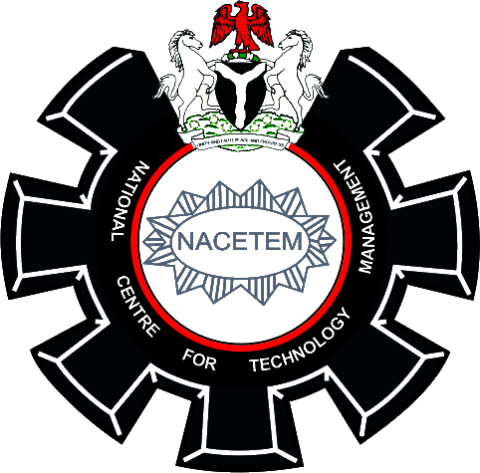Oando Foundation has announced its plan to digitally empower one million Nigerian children by 2027 as part of its renewed commitment to transforming the country’s education sector. The initiative, driven by its LEARNOVATE strategy, aims to address the nation’s deepening learning crisis through scalable and evidence-based solutions that will enhance literacy, numeracy, and digital learning across public schools.
During a recent media briefing, the Head of Oando Foundation, Tonia Uduimoh, described education as the cornerstone of national development. She lamented that millions of Nigerian children remain on the margins, without access to quality learning opportunities. Uduimoh stressed that this is a crucial moment for stakeholders to rethink how education is delivered, stating that the LEARNOVATE initiative is designed to offer structured and impactful solutions to the challenges facing Nigeria’s educational system.
According to her, the strategy is more than a mere intervention. It represents a shift toward transformation, ensuring that every child—regardless of their background—has a fair chance at acquiring foundational skills that can help them thrive. She revealed that the Foundation’s top priority for 2025 is to expand impactful programmes that directly address some of Nigeria’s most pressing education challenges.
Uduimoh highlighted several ongoing projects under the LEARNOVATE framework, including the Clean Our World Initiative, the Climate Action Program in Delta and Abuja, and the Green Youth Upskilling Programme, which is focused on preparing young Nigerians for careers in the green economy. She also mentioned the expansion of the School STEAM Project, designed to equip students with essential skills in science, technology, engineering, arts, and mathematics.
For early childhood education, she noted that the Foundation is scaling the LEARNOVATE-SEED initiative, which supports pre-primary learners through the creation of Early Childhood Care and Development centres and through the training of teachers and caregivers in modern pedagogy and child development practices.
In addition to these programmes, Oando Foundation is working with the Lagos State Universal Basic Education Board on Project Zero, an initiative aimed at reducing the number of out-of-school children in Lagos State and improving learning outcomes. Uduimoh further disclosed that the pilot phase of LEARNOVATE-FLIP, launched in late 2024, is already being implemented in 80 public primary schools across four states: Ebonyi, Plateau, Sokoto, and Adamawa. The programme uses mother tongue instruction and other innovative approaches to improve foundational learning in early grades.
The Foundation said all these efforts are part of its mission to build a resilient education system that prepares learners to face real-world challenges, drive innovation, and contribute meaningfully to their communities. Uduimoh explained that the strategy emphasizes foundational literacy and numeracy, STEAM education, environmental consciousness, and advocacy—areas critical to bridging learning gaps, particularly in the wake of COVID-19 and the widespread learning losses it caused.
Citing a 2024 UNESCO report, the Foundation noted that 773 million adults globally lack basic literacy skills, two-thirds of them women, and that 250 million children are failing to acquire even the most basic learning competencies. Sub-Saharan Africa, the report said, has the highest rates of education exclusion, with more than one-fifth of children aged six to eleven out of school, and one-third of those aged twelve to fourteen also missing out on formal education.
According to Oando Foundation, this persistent gap in literacy continues to fuel poverty and hinder both individual potential and broader societal growth. Its LEARNOVATE framework is therefore focused on equipping students with foundational skills, improving teacher capacity, and introducing innovative classroom methods that can deliver lasting change.
Established in 2011, Oando Foundation is an independent charity that supports the Nigerian government’s efforts to achieve universal basic education. Through its Adopt-A-School initiative, the Foundation has worked in 88 schools nationwide, applying a comprehensive school improvement model to enhance education access and quality.





